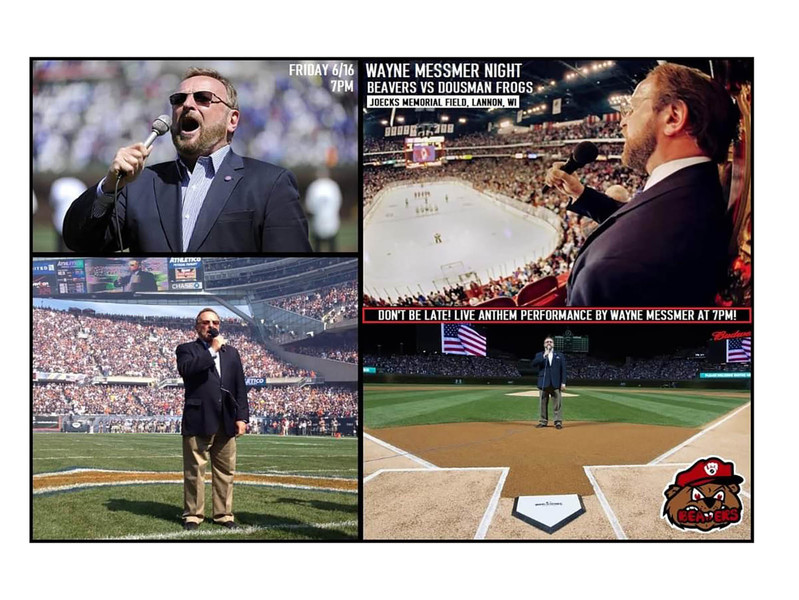You see the equipment glare in lots of sports.
The golfer who strangles his putter after a miss. The tennis player who slams a racket after a missed shot. The wide receiver who glares at his gloves after dropping a pass.
The one thing you never see is the major league baseball player tearing apart his baseball glove after an error.
"These guys are all professionals," said Jason Shawger, the equipment manager for the Milwaukee Brewers. "Inside they may be blaming the glove, but you’d never know it."
Baseball gloves are one of the few things that the team does not buy for the players.
"Most players have a contract, so they get their gloves from the manufacturer," Shawger said. "It’s about the only thing we don’t buy for them. They bring their gloves with them. I’ve never had a guy walk into the locker room and say ‘hey, I need a glove.’"
The most popular gloves among major leaguers are from Rawlings. Then come gloves from Wilson and Nike.
Almost every kid has had a baseball glove at some point, and we have all worked to find a way to make it soft and flexible. One method for kids is to rub on Neatsfoot oil, put a ball in the pocket, and tie a string around the whole thing. It’s not much different for major leaguers.
"Major leaguers have to break them in, but with the leather that most major leaguers get it doesn’t take long for them to be broken in," Shawger said. "Generally what they do is take it out during batting practice or playing catch. I’ve seen guys put it in the hot tub and put a baseball in it and wrap a sock around it and hang it up to dry. Over the years I’ve seen guys put it in the microwave for a couple of minutes.
"Lexol is a leather conditioner and guys will spray the glove with that, trying to soften the leather. They use it for breaking in and for upkeep during the season."
That care of the glove varies by position.
"Obviously position players take better care of their gloves than pitchers do. You’ll also see position players have the same glove for years. Like Carlos Gomez. He’s had the same glove for years, since he’s been here, and I’m guessing he had it before that. Essentially it just gets restrung and if it needs any repairs we send it back to Rawlings after the season and they repair it. Craig Counsell used his glove somewhere in the teens, and you could tell from looking at the wear.
"They just don’t want to give it up, while pitchers may get a new glove each year.
"There are also differences in glove sizes. A middle infielder has a smaller glove. There’s the specialized glove for first basemen. And outfielders have longer gloves. There’s a limit, I think it’s 14 inches, for outfielders so they don’t have these long gloves to rob players of home runs or something. And a pitcher can’t use a white glove or a gray one because it’s distracting for the hitter."
There is also a difference in how players hold their gloves. Some have their index finger out of the slot and keep it on the outside of their glove.
"I think it’s for the added layer of protection, Shawger said. "Your index finger is right where the pocket is, so that extra layer of leather can help protect your hand. We also have players who get a piece of foam padding from the trainers and put that in spots where your fingers get beat up."
Shawger also had advice for us amateurs, including little leaguers, when it comes to buying a glove.
"I think the biggest thing is to get something that’s comfortable on your hand," he said. "You don’t want to feel awkward, not too heavy and not too big. A 10-year-old using an adult glove is going to learn bad habits. There’s a reason that there are age specific gloves."
With a history in Milwaukee stretching back decades, Dave tries to bring a unique perspective to his writing, whether it's sports, politics, theater or any other issue.
He's seen Milwaukee grow, suffer pangs of growth, strive for success and has been involved in many efforts to both shape and re-shape the city. He's a happy man, now that he's quit playing golf, and enjoys music, his children and grandchildren and the myriad of sports in this state. He loves great food and hates bullies and people who think they are smarter than everyone else.
This whole Internet thing continues to baffle him, but he's willing to play the game as long as OnMilwaukee.com keeps lending him a helping hand. He is constantly amazed that just a few dedicated people can provide so much news and information to a hungry public.
Despite some opinions to the contrary, Dave likes most stuff. But he is a skeptic who constantly wonders about the world around him. So many questions, so few answers.







